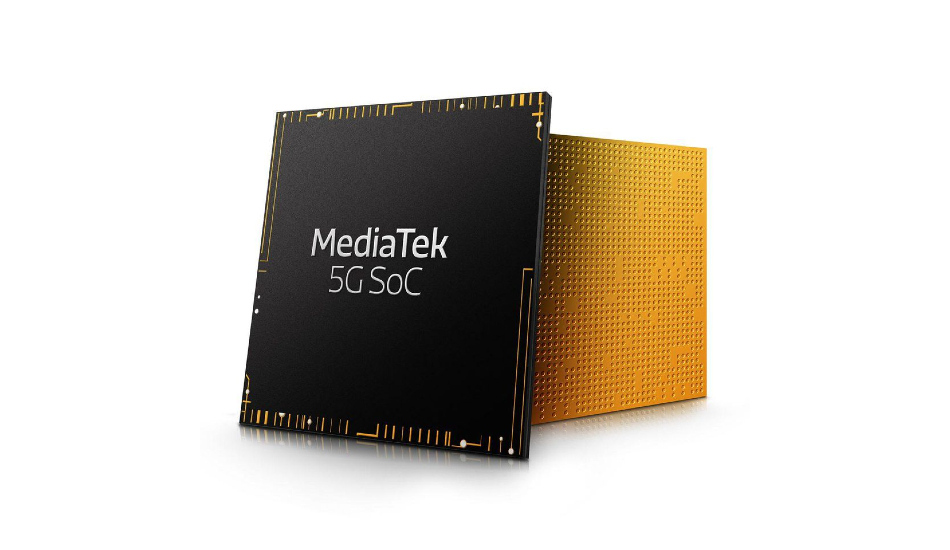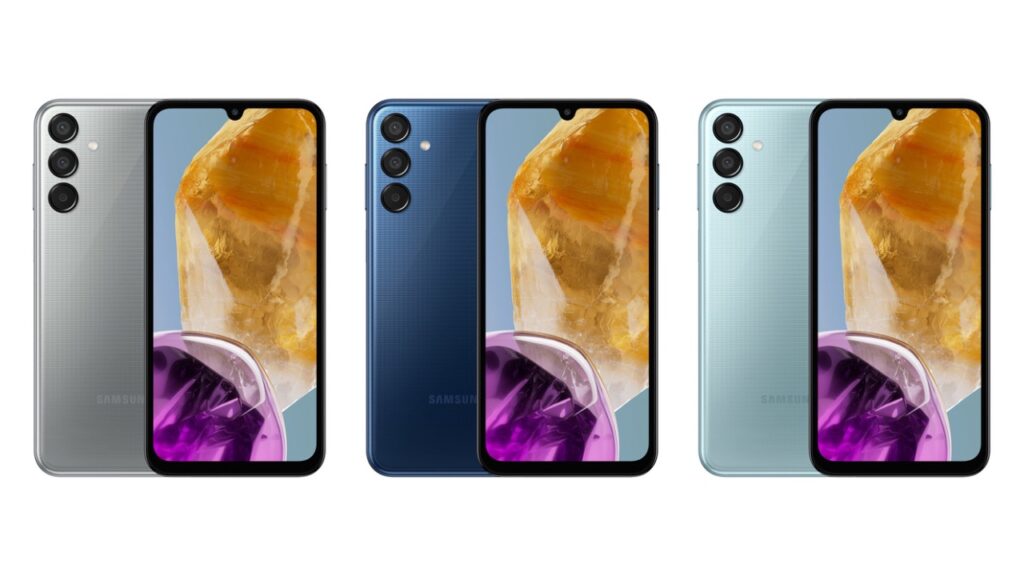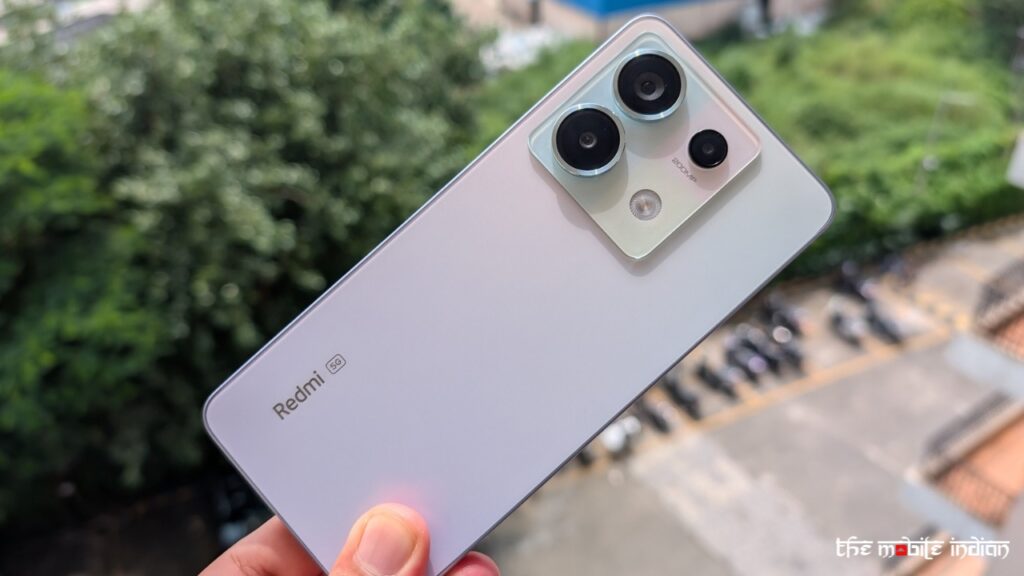India’s smartphone market has witnessed a remarkable surge in budget smartphone launches in 2024, with a growing dominance of 5G devices. From January 1 to October 21, 2024, a total of 250 smartphones priced under ₹30,000 were launched, with 201 of these supporting 5G technology. This shift underscores how 5G is becoming increasingly accessible to consumers in the sub-₹30,000 category.
5G Outpaces Non-5G in Budget Segment
Of the 250 smartphones launched in 2024 so far, in the sub-₹30,000 segment, 201 were 5G-enabled, comprising 80% of the total, according to the ‘Smartphone Research Report of The Mobile Indian (TMI).’ Only 49 devices featured 4G or other non-5G technologies, indicating the market’s clear shift towards 5G. As India’s 5G infrastructure expands, manufacturers are focusing heavily on launching budget-friendly devices equipped with 5G capabilities.
| Smartphone Type | Count | Percentage (%) |
|---|---|---|
| 5G Smartphones | 201 | 80 |
| Non-5G Smartphones | 49 | 20 |
| Total | 250 | 100 |
MediaTek Dominates the Chipset Market for 5G Phones
Among the 5G smartphones launched, MediaTek-powered devices LED the market, with 127 out of the 201 smartphones using MediaTek chipsets. Qualcomm, MediaTek’s main competitor, powered 64 5G devices, followed by UNISOC with six and Exynos with four. MediaTek’s dominance highlights its strong presence in budget smartphones, where affordability and efficiency are key considerations for both consumers and manufacturers.
| Chipset Provider | 5G Smartphone Count |
|---|---|
| MediaTek | 127 (63%) |
| Qualcomm | 64 (32%) |
| UNISOC | 6 (3%) |
| Exynos | 4 (2%) |
MediaTek’s success in this segment is likely driven by its competitive pricing and ability to offer efficient performance, helping manufacturers keep overall device costs lower.

Brand Breakdown: Realme Leads the Pack
Realme emerged as the top brand, launching 20 5G smartphones under ₹30,000 in 2024, reflecting its aggressive strategy in India’s mid-range smartphone market. Vivo, with 12 5G launches, and Samsung, with 11, also maintained strong positions in this segment. Oppo, Motorola, and Poco each contributed between six and eight models, ensuring that a variety of brands provided consumers with 5G choices.
| Brand | 5G Smartphone Count |
|---|---|
| Realme | 20 |
| Vivo | 12 |
| Samsung | 11 |
| Oppo | 8 |
| Motorola | 8 |
| Poco | 6 |
| Infinix | 6 |
| Xiaomi | 3 |
| OnePlus | 3 |
Notable 5G launches under ₹30,000 include:
- Samsung Galaxy M15 5G, Samsung Galaxy F55 5G, Samsung Galaxy M35 5G
- iQOO Z9 5G
- Vivo Y28 5G, Vivo Y200 5G, Vivo T3 5G
- OnePlus Nord CE 4 5G, OnePlus Nord CE 4 Lite 5G, OnePlus Nord 4
Reno 11 5G, Oppo F25 Pro 5G - Redmi Note 13 5G, Redmi 13 5G,Poco F6 5G, Poco M6 5G
- Moto G64 5G, Motorola EDGE 50 Fusion
- Realme P1 5G, Realme 12 5G, Realme 13 5G
- Blaze Curve 5G, Lava Blaze 3 5G, Lava Agni 3 5G
- Nothing Phone (2a), CMF Phone 1
RAM and Storage Trends in Budget 5G Phones
Most 5G smartphones in this category offer 8 GB of RAM. A total of 111 phones were launched with 8 GB RAM, 33 devices featured 6 GB RAM, 32 devices offered 4 GB RAM, and 25 models boasted 12 GB RAM, showing an increasing availability of higher-performance devices at affordable prices.

| RAM Capacity | 5G Smartphone Count |
|---|---|
| 8 GB | 111 |
| 6 GB | 33 |
| 4 GB | 32 |
| 12 GB | 25 |
In terms of internal storage, the 128 GB option was the most common, seen in 117 phones. This was followed by 71 devices with 256 GB storage, eight devices with 64 GB, and five premium devices offering 512 GB of internal storage. The data suggests that 128 GB remains the preferred choice for budget users, while higher-end configurations are gaining traction among power users.
| Internal Storage Capacity | Smartphone Count |
|---|---|
| 128 GB | 117 |
| 256 GB | 71 |
| 64 GB | 8 |
| 512 GB | 5 |
A close look at RAM and Internal Memory combinations shows that the majority of smartphones with 128 GB storage featured 8 GB RAM, accounting for 60 devices. Meanwhile, 33 phones with 128 GB storage came with 6 GB RAM, and 24 phones offered a more entry-level 4 GB RAM configuration.
Phones with 256 GB storage typically included higher RAM configurations, with 51 phones featuring 8 GB RAM and 20 devices offering 12 GB RAM. Among the five phones with 512 GB storage, all were equipped with 12 GB RAM, cementing their position as the higher-end models in the budget segment. Conversely, devices with 64 GB storage were all launched with 4 GB RAM, catering to entry-level users.
12 GB RAM Devices Making a Mark
Although 12 GB RAM configurations are not as common in budget devices, several models under ₹30,000 offered this feature, targeting users seeking higher performance. Devices with 12 GB RAM include the Redmi Note 13 5G, Poco X6, Moto G64 5G, Realme P1 Pro 5G, Nothing Phone (2a), and the iQOO Z9s 5G.
| Model Name | RAM Capacity | Internal Storage |
|---|---|---|
| Redmi Note 13 5G | 12 GB | 256 GB |
| Poco X6 | 12 GB | 256 GB |
| Moto G64 5G | 12 GB | 256 GB |
| Realme P1 Pro 5G | 12 GB | 256 GB |
| Nothing Phone (2a) | 12 GB | 512 GB |
| iQOO Z9s 5G | 12 GB | 256 GB |
These devices cater to users looking for more power, especially for gaming or intensive multitasking, without crossing the ₹30,000 price mark.

Market Trends and Future Outlook
The budget smartphone market in India is clearly moving toward 5G, with 80% of the launches under ₹30,000 being 5G-enabled. Realme, Vivo, and Samsung are the frontrunners, with MediaTek dominating the chipset market, providing an affordable yet powerful option for most devices in this category.
In the coming year, with further 5G network expansion, the number of 5G smartphone launches is expected to rise, and consumers may continue to see more affordable options with high RAM and storage capacities. Furthermore, manufacturers like Qualcomm and UNISOC may attempt to close the gap with MediaTek by introducing more competitive chipsets aimed at the budget 5G segment.
With more consumers prioritizing future-ready devices, the budget smartphone market is set to grow, driven by brands offering greater value in terms of performance, connectivity, and features at lower price points.


